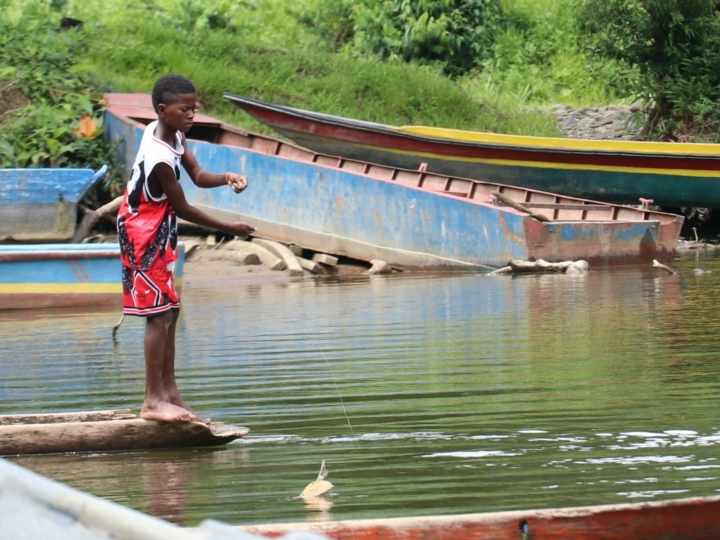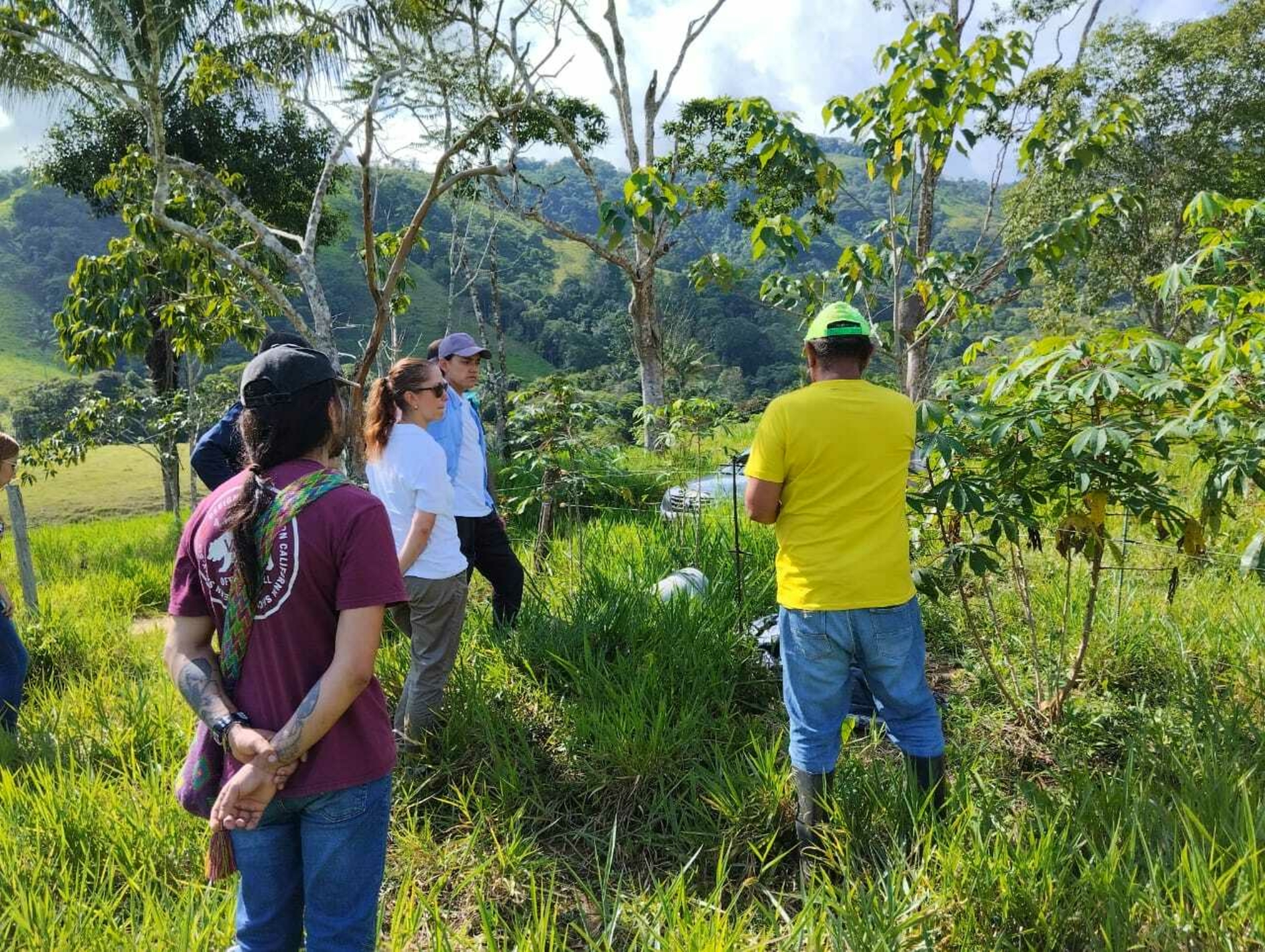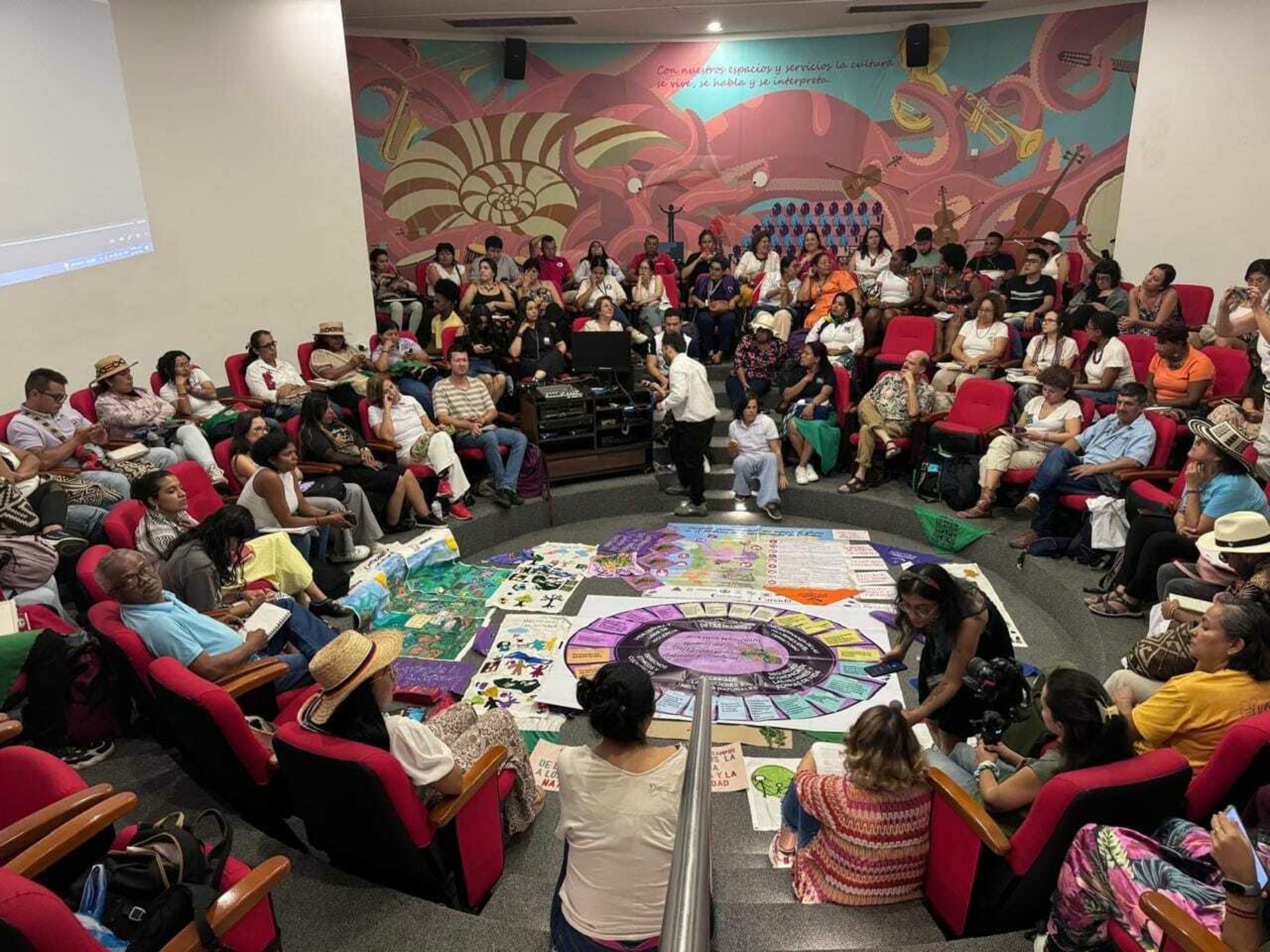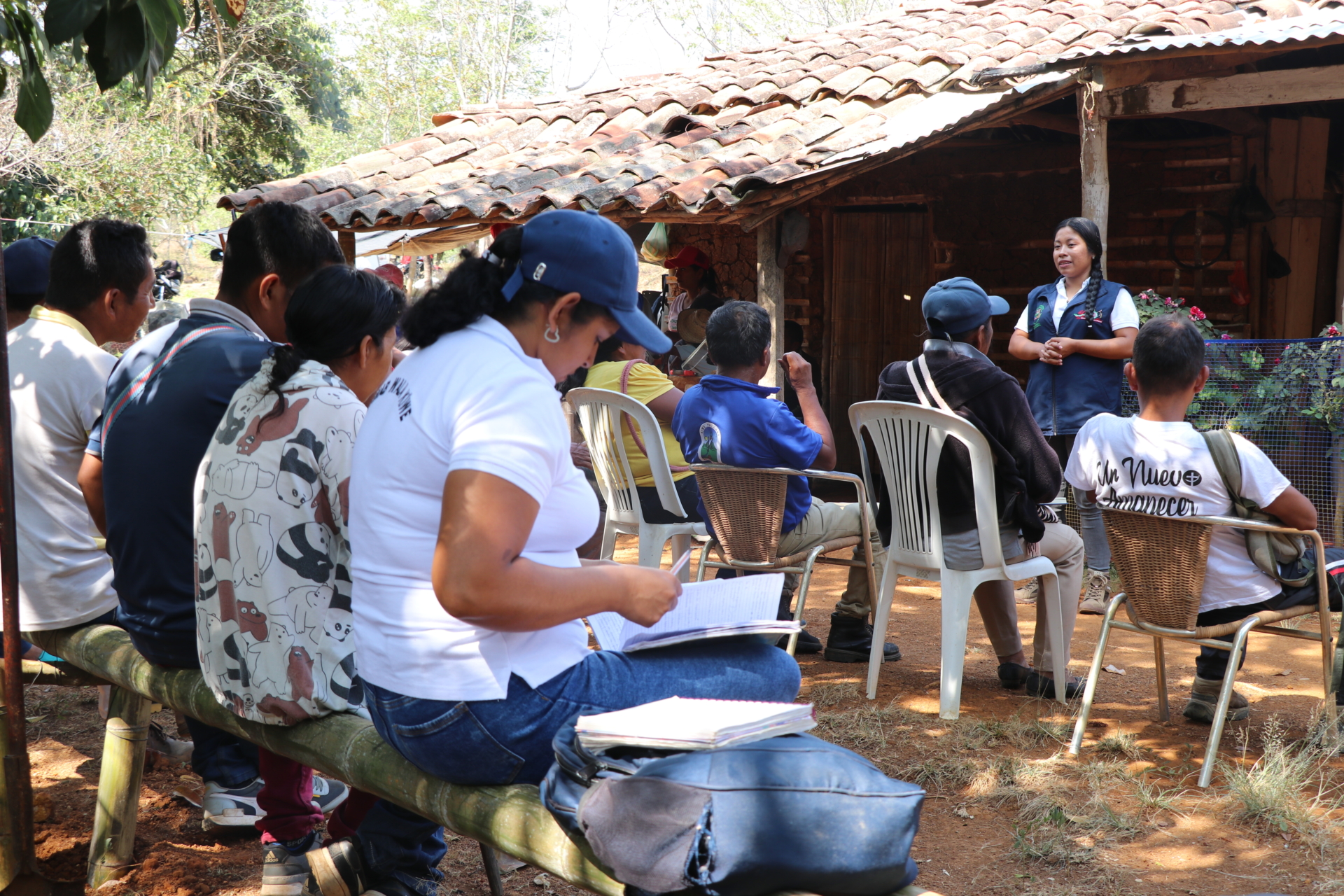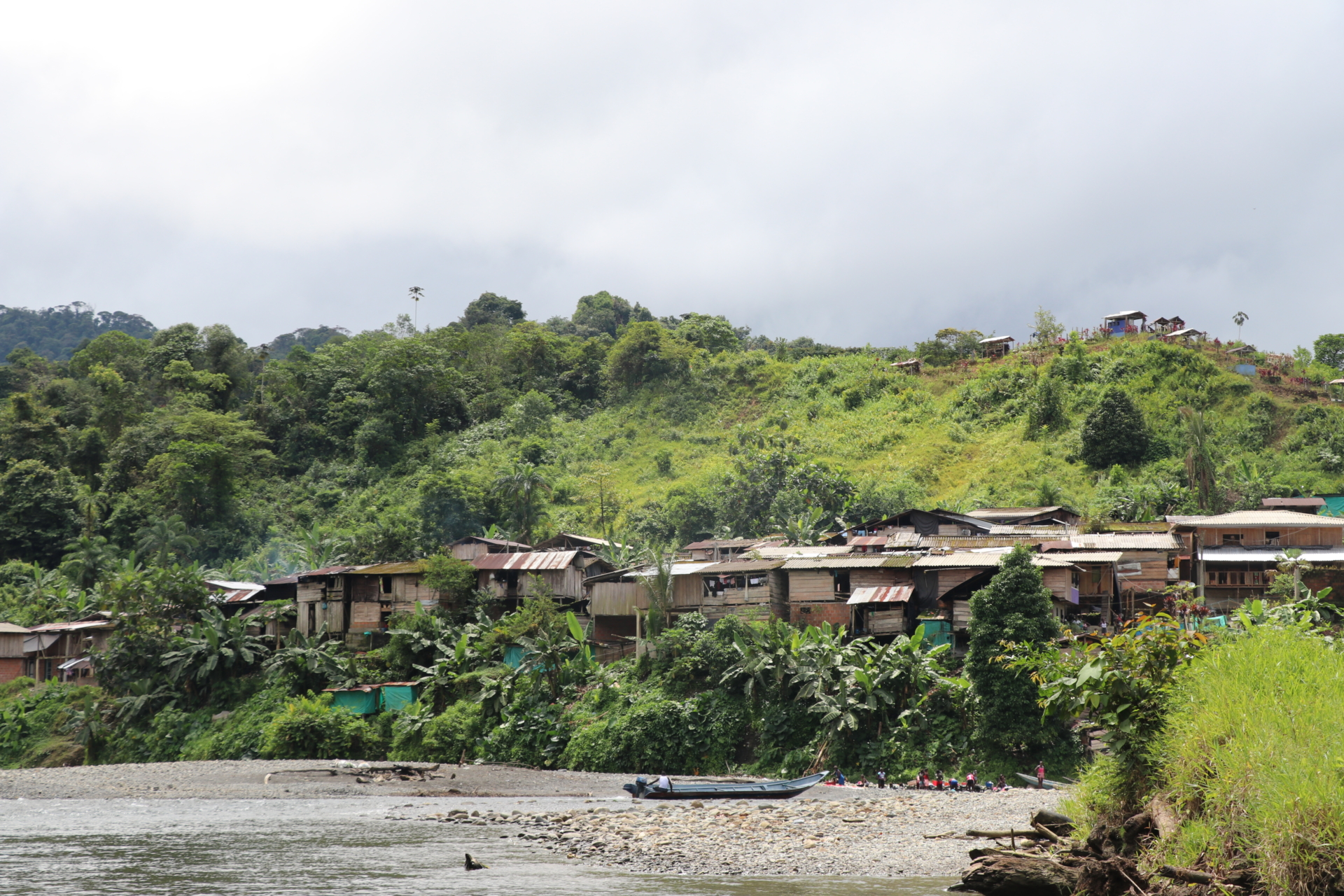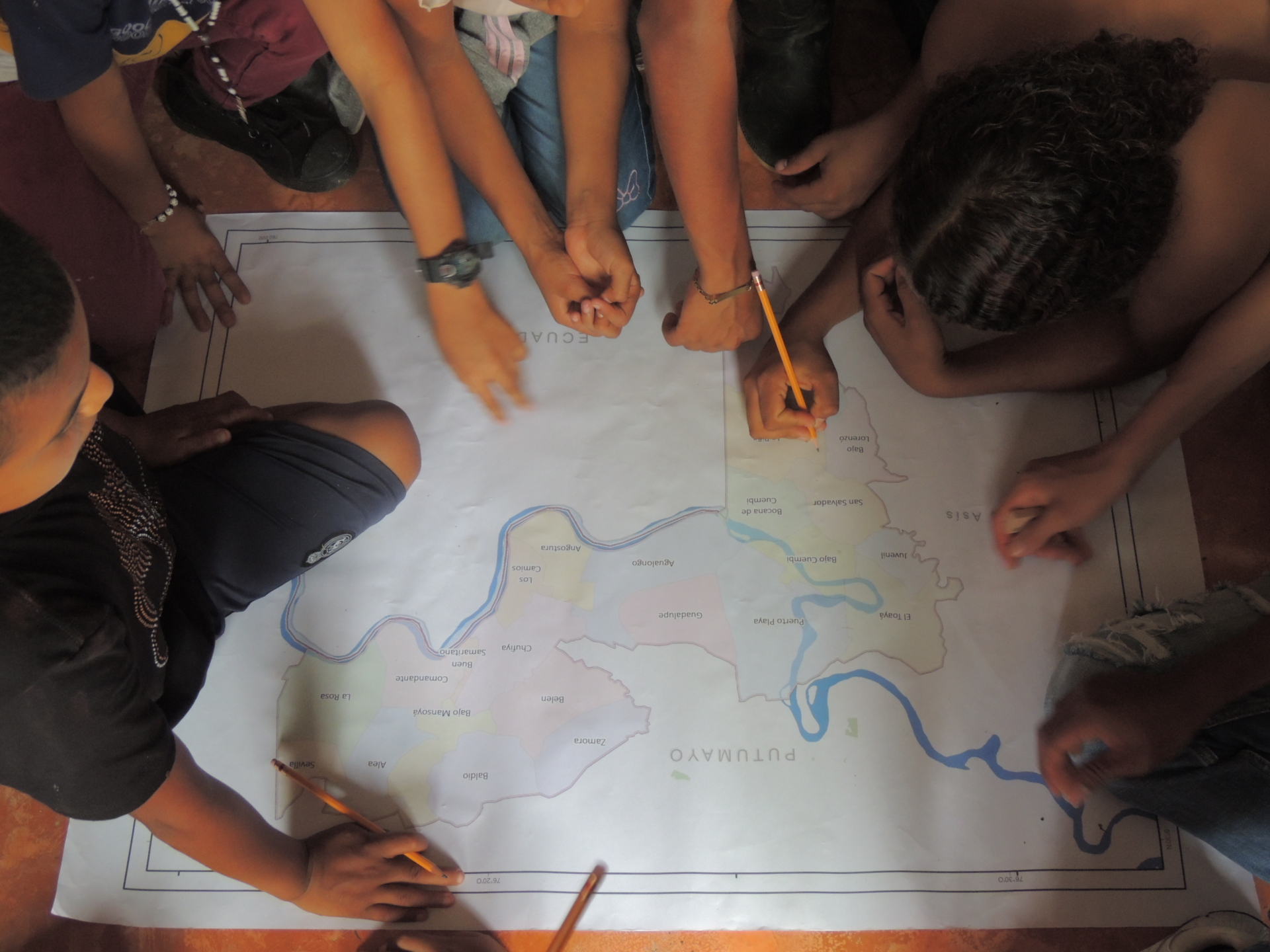Throughout these ten years, important global initiatives have been promoted by many people and communities, which have positioned access to soil as a fundamental right for sustainable development and food sovereignty.
In the framework of our campaign ‘Women who inspire: Voices of resilience from the ground’ we make visible the importance of soil to ensure respect for human rights, especially those social organisations and local communities who are at the forefront of developing initiatives to protect soil, promote the sustainable use of resources and contribute to a more just and resilient future.
Soil at Risk: Global Threats and their Implications
In recent decades, soil has been under constant threat due to erosion, degradation, pollution, compaction, and loss of biodiversity. These threats are the result of destructive practices such as deforestation, monocultures, extensive cattle ranching, urban sprawl, and climate change.
These processes not only affect the environment, but also violate fundamental rights, such as the right to food and a healthy environment. 95% of the world's food production depends directly on soil, yet 75 % of this resource is already degraded, affecting more than 3.2 billion people.
If urgent action is not taken, it is estimated that by 2050 this percentage could reach 90% (UNESCO 2024), putting at risk the basic rights of millions of people, especially in rural communities that depend directly on soil for their livelihoods.
Global Responses to the Soil Crisis
Faced with these challenges, the Food and Agriculture Organization of the United Nations (FAO) launched the Global Soil Partnership in September 2011, with the aim of promoting sustainable soil management and soil restoration, recognising access to healthy soil as an essential human right.
In July 2022, during the Global Soil Symposium a framework for action was presented with specific targets for 2030, which aim to manage and restore soils, strengthen territorial governance and promote awareness of soil health, ensuring the right to food for the human well-being of the most vulnerable communities.
Another important strategy is the Norwegian International Climate and Forest Initiative (NICFI), which, through its focus on deforestation-free land-use policies and production chains, has succeeded in preventing deforestation in key regions of the Global South. By reducing deforestation, NICFI contributes to the protection of ecosystems and biodiversity, while promoting the rights of local communities who depend directly on forests and soil for their livelihoods.
At the same time, the International Land Coalition (ILC) fights globally for land rights, bringing together civil society organisations and advocates to strengthen land governance and ensure that communities can fully exercise and enjoy their rights.

